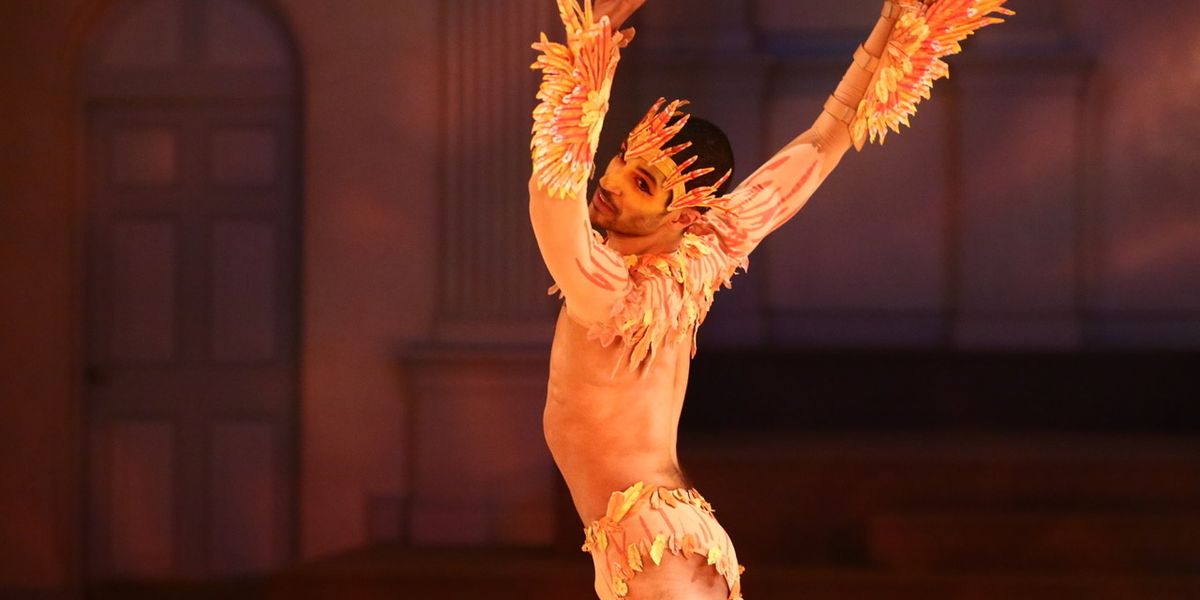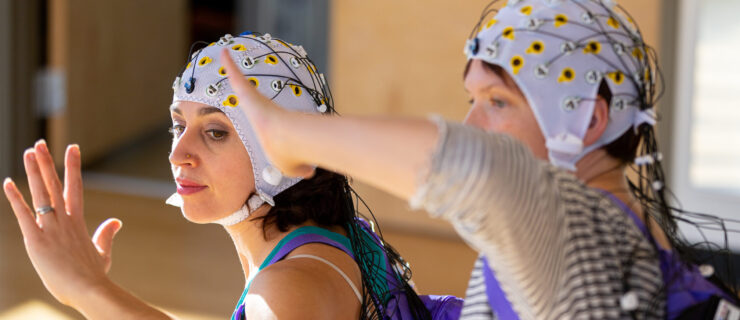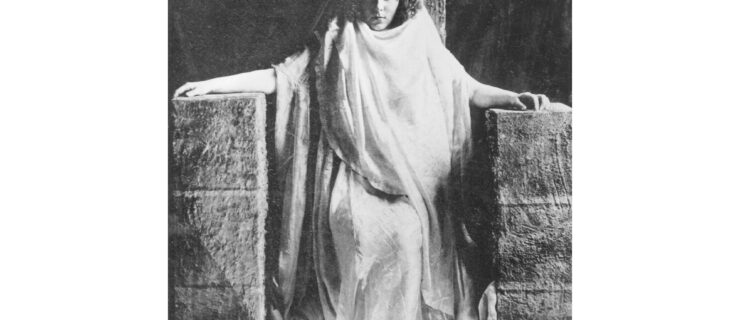What It's Like to Be A Full-Time Lawyer AND A Professional Dancer
Justin Lynch is surprisingly nonchalant about the struggles of being a full-time lawyer and a professional dancer. “All dancers in New York City are experts at juggling multiple endeavors,” he says. “What I’m doing is no different from what any other dancer does—it’s just that what I’m juggling is different.”
While we agree that freelance dancers are pro multitaskers, we don’t really buy Lynch’s claim that what he does isn’t extraordinary. In fact, we’re pretty mind-boggled by the career he’s built for himself.
Lynch didn’t even start dancing until he was at Columbia Law School. As a respite from the stress of school, he’d follow a friend to dance classes around the city. “Eventually it became clear that not only was this an escape, but something that I deeply enjoyed doing,” says Lynch.
After graduating from law school, he landed a position at a large law firm—where he was miserable. He continued to take dance classes, and after two years decided to take a leave of absence to see if he could make it as a dancer.
Spoiler alert: He could.
Lynch dedicated the year to taking as many classes as he could, and eventually going on auditions and landing gigs with artists like Mariana Bekerman and Nai-Ni Chen. (Today he’s danced with everyone from Third Rail Projects to the Metropolitan Opera to The Bang Group to Elisa Monte Dance.)
After that year, there was no way he was going back to his old law firm. But he wasn’t ready to give up on law entirely. He tried starting his own practice—which was harder than he expected—and eventually joined the small firm where he works today, where he focuses on areas like contracts, business formation and intellectual property.
With his current law practice, he’s allowed to make his own schedule to accommodate rehearsals and performances, and he often works from home or while traveling. He’s also found a way to make his two careers intersect by doing immigration work for dancers trying to attain artist visas.
But it’s taken time for Lynch to settle in to his success as a dancer. “There was a sort of reckoning that I had to do with my own lack of confidence in who I was as a dancer. For the longest time I would be hired for stuff and I would get people telling me that I was a good dancer but because I hadn’t followed the traditional path, I had trouble believing it myself,” he says. “I felt like an imposter. I now feel like I belong in the dance community and I believe that I deserve what opportunities I’ve had, but it took me a long time to get there.”
Lynch’s advice for aspiring dancers with a nontraditional background? “If you want to be a dancer, do it now,” he says. “My one regret is that I doubted myself for too long.”




